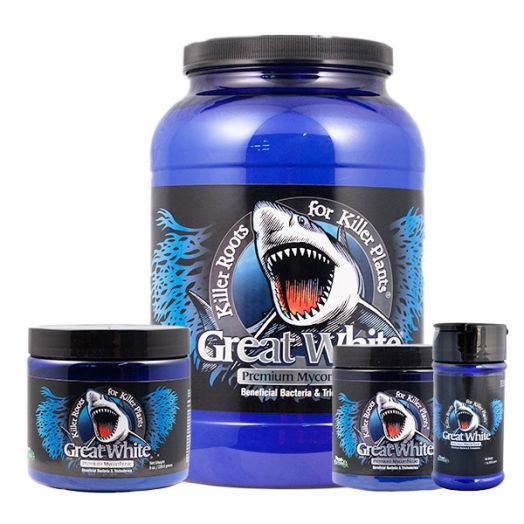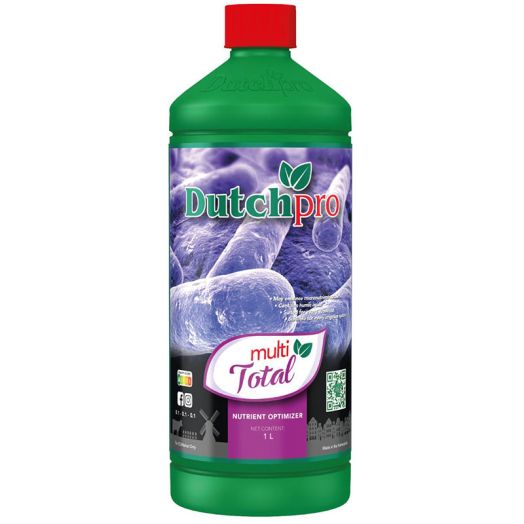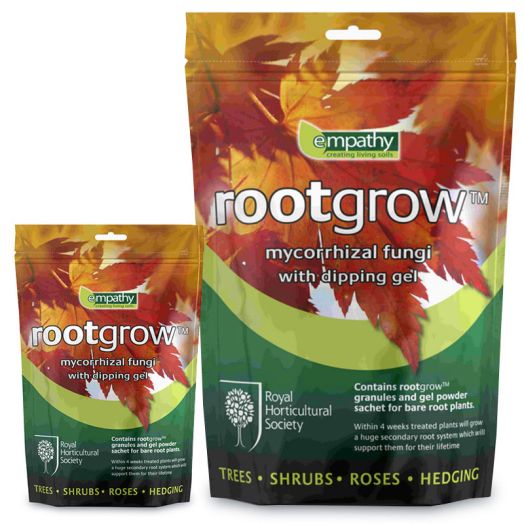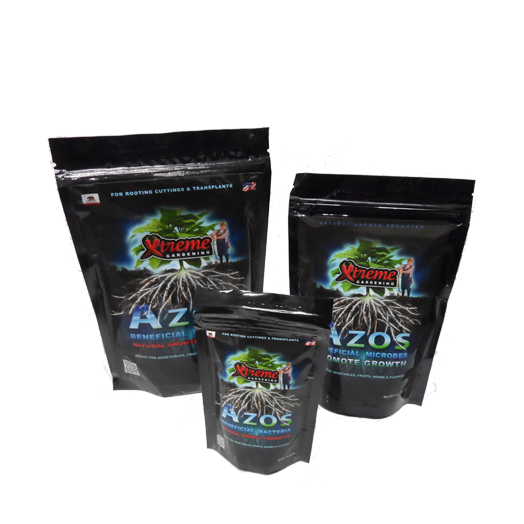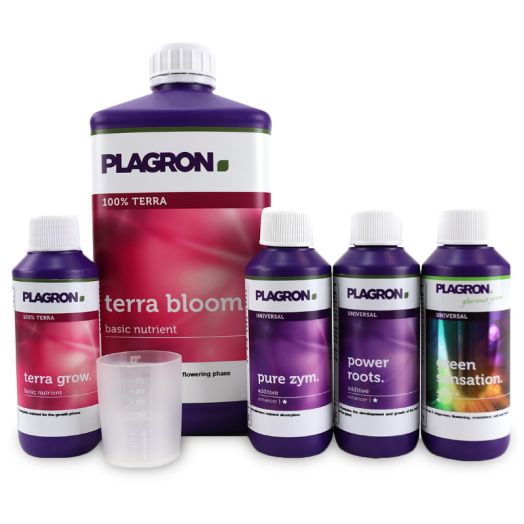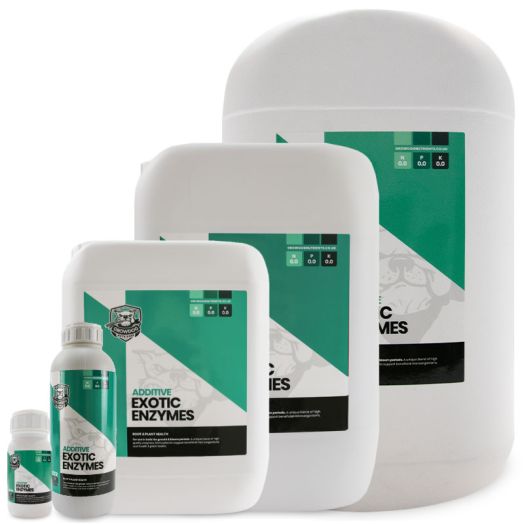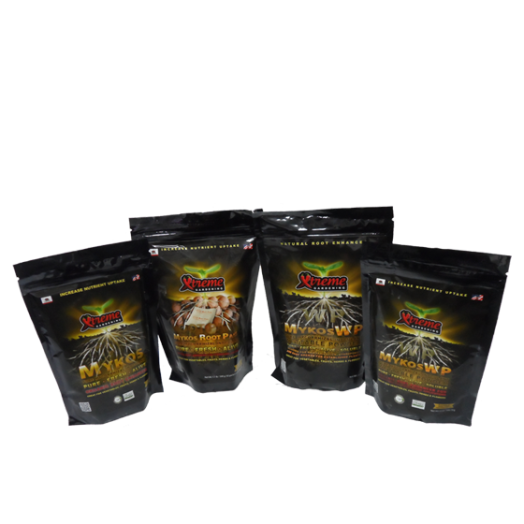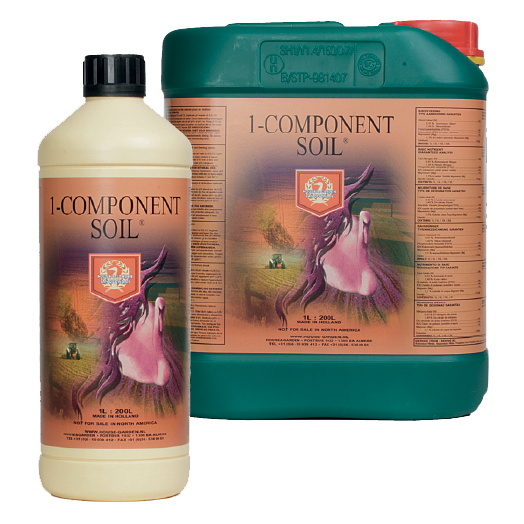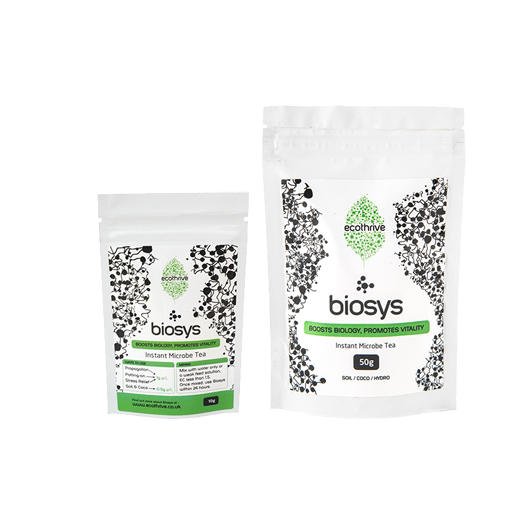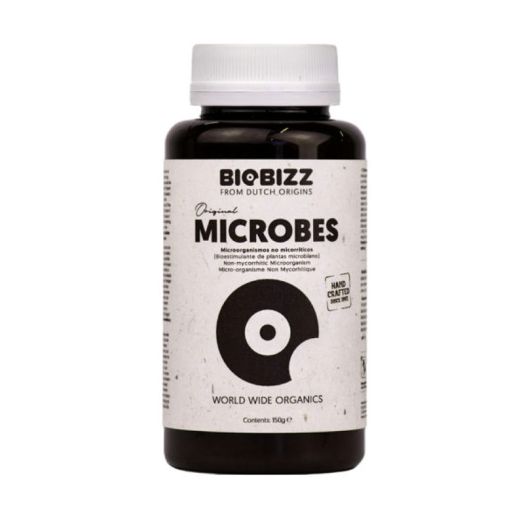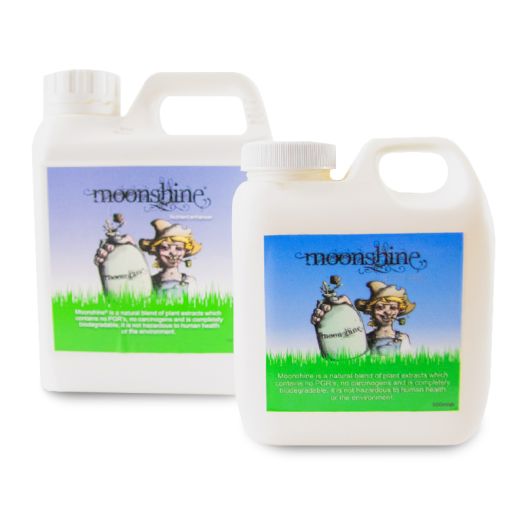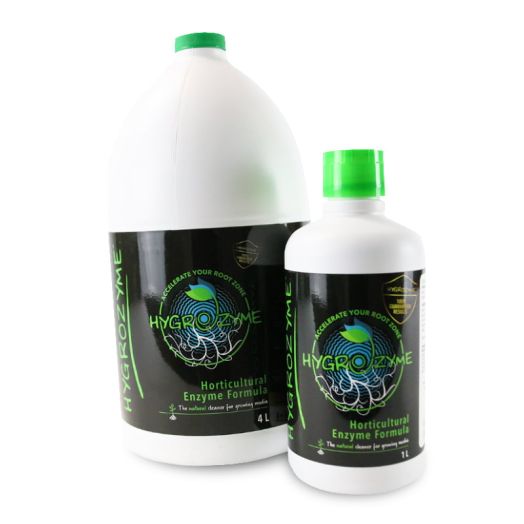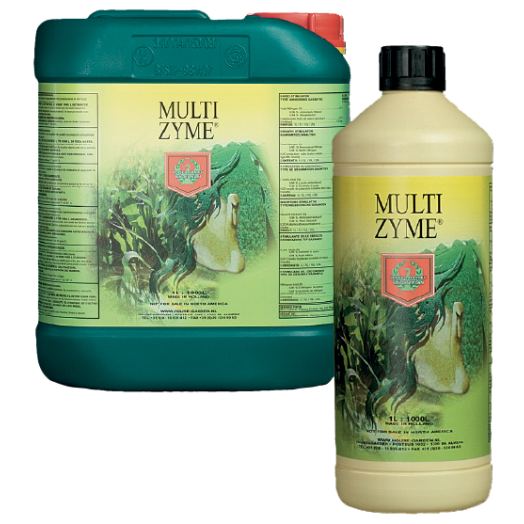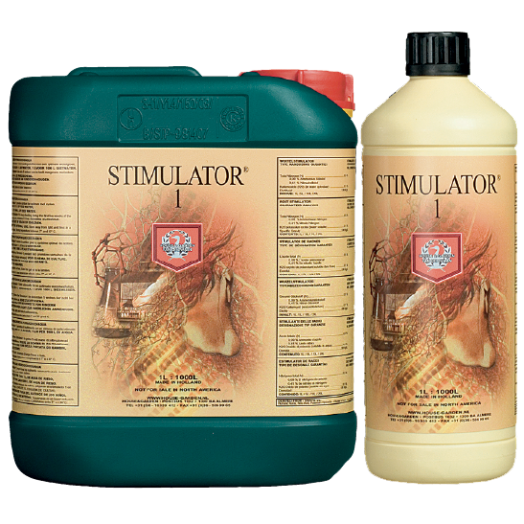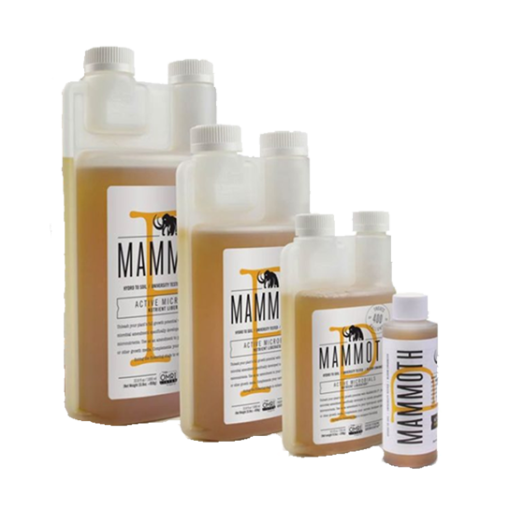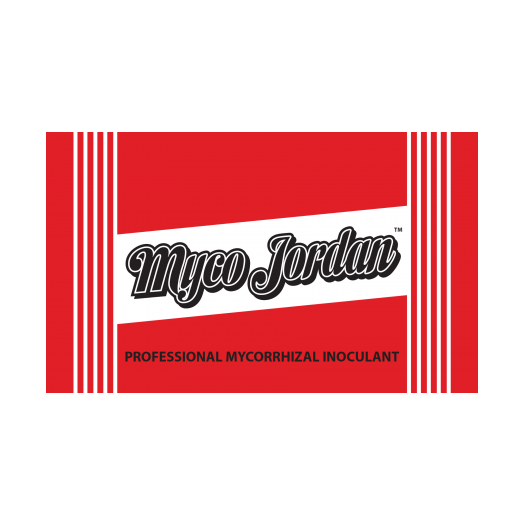Enzymes, Beneficial Bacteria & Fungi

The Rhizosphere of the plant describes the area of substrate under a plant that is affected by the plants nutritional exchange, respiration and growth in terms of the substrates chemistry and microbiology. Rhizospheres as a whole are still not fully understood but many of the processes that occur in the rhizosphere are - We know plant roots naturally release an ‘exudate’ which contain sugars, acids and proteins amongst other simple organic chemicals that microorganisms feed on. Relationships have formed between plants and these microorganisms that can be parasitic (only one party benefits) or symbiotic (both benefit), we only stock beneficial forms of microbes that work in a symbiotic relationship with your plants.
Natural outdoor soils contain a plethora of organisms that have evolved alongside plants over thousands of years and there are many different types. Growing with beneficial organisms is often seen as the ‘holy grail’ of organics as in our sterile indoor environment, we can ‘inoculate’ or introduce precisely the types of organisms you want in the rhizosphere. Beneficial Microorganisms come from many different sources and account for many species but most are highly specialised - completing just one or two processes per type with each helping to facilitate the growth of the plant in seperate ways. Read our buyers guide below for more information on Beneficial bacteria, Fungi and Enzymes.
Enzymes, Beneficial Bacteria & Fungi
Rhizospheres can be complicated - it all depends on how in-depth you want to go with it but essentially there's a lot of activity going on around plant roots. Plants exude simple sugars and carbohydrates at a cost to them - the compounds are assembled during photosynthesis and could otherwise be used for new plant growth but these expensive compounds are instead released into the soil at the roots; an action that must benefit plants in some way since it wouldn’t have evolved if it wasn't helpful. The various microorganisms present in soil is one of the largest contributors to the fertility of soil. Microorganisms can also help prevent disease and can reduce stress in plants.
Microbes increase the bioavailability of all micro and macro nutrients AND they’re almost impossible to overdose on so they’re perfect to improve the end results of both amateurs and professionals. Beneficial organisms work best with organic nutrients and soil, breaking down complex compounds into simple, plant available forms that can be uptaken by the roots more easily - in hydro systems, beneficials work with synthetic nutrients to make them more available and can even increase the pore size of uptake pathways so more nutrients can enter the plants at a faster rate. Beneficials can be used in any type of system with any range of nutrients and any irrigation method.
As well as increasing the availability of nutrients and ‘nutrient cycling’ microbes release enzymes, hormones and chemicals that stimulate plant growth.
Beneficial Bacteria
Bacteria are our most robust allies in the friendly microorganism arsenal - they can survive in the largest range of conditions. In the event of nutrient overdose or pH fluctuation, the population of bacteria will persist where other microorganisms may die. The Beneficial bacteria can aid a wide variety of plant processes and functions, with many species fixing nitrogen from the air into plant available forms, so nitrogen will be more available for the plant for leaf and stem growth.
Beneficial Fungi
In Hydroponic settings, mycorrhizae are the most frequently used beneficial fungi; they send out super-fine root-like structures called mycelium that effectively increases the size of the roots, allowing the plant to uptake water and nutrients from a larger area than without - up to 700x the amount of substrate can be reached. Mycelium is quite delicate and can be affected by too high a dose of mineral nutrients or swings in pH so they’re best used in substrate like soil or coco coir.
Enzymes
Enzymes are small non-living compounds that catalyse chemical reactions. They’re produced by both fungi and bacteria and act as digestive juices to help microorganisms take in the nutrients that surround them. Nutrient manufacturers have developed concentrated forms of enzymes so we can feed enzymes directly to plants to facilitate them in their growth by breaking down chemicals into smaller chunks, aiding plants in their biochemical and uptake processes - enzymes are particularly practical in hydro or aquaponic settings because they’re the by-products of microbes so are not sensitive to fluctuations that could kill bacteria or fungus.
Once inoculated, most manufacturers recommend a weekly re-dosing of beneficials to ensure that healthy populations remain in your substrate, continuing their processing and increasing the growth rate of your plants - remember that it's almost impossible to overdose on beneficial bacteria and fungus so using them as part of your nutrient regimen will only ensure populations are maintained. Enzymes are a different kettle of fish, as they are in concentrated forms they should be used according to the manufacturer's guidelines as the concentrations and dosage rates may vary.
If you’ve got more questions about Enzymes, beneficial bacteria, Fungi or if they’re right for your system, get in touch with our specialist team on 0800 085 7995 or email us.

